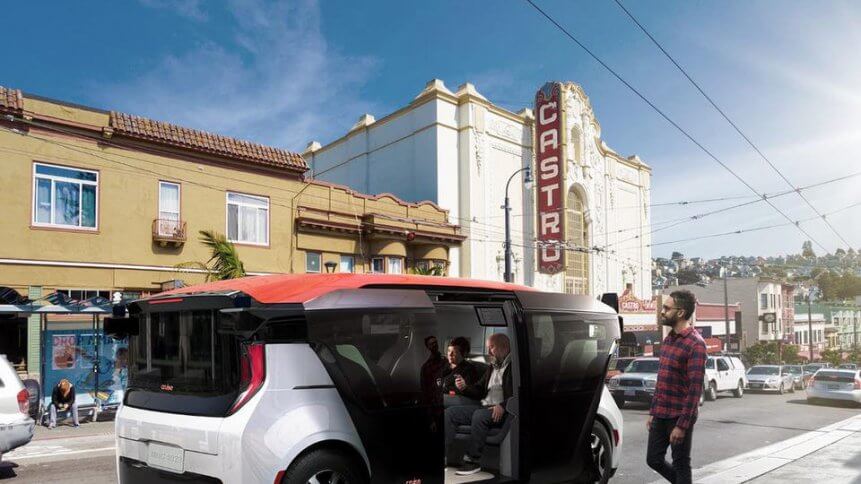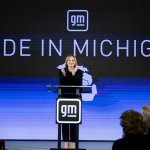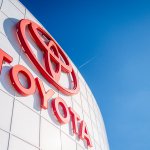GM is seeking approval to commercialize its self-driving vehicles

- Together with General Motors, they have filed a petition seeking approval from the National Highway Traffic Safety Administration to build and put the Cruise Origin into commercial service
- The submission of the petition signals that Cruise and GM are ready to build and deploy the Origin, its self-driving vehicle, “here in America”
Cruise, the self-driving subsidiary of General Motors, has for years tested its self-driving vehicles in San Francisco with plans to offer rides to the public. Now, after numerous trials and limited public usage, the San Francisco-based auto giant is seeking approval to build and put the Cruise Origin into full commercial service.
The self-driving unit said in a blog post last week that it had filed a petition seeking approval from the National Highway Traffic Safety Administration (NHTSA). Cruise senior VP of government affairs and social impact, Rob Grant said, “This petition both demonstrates how Origin achieves safety objectives of existing standards, and helps enable future AV regulations.”
“NHTSA has made clear in public testimony and regulatory actions, that in order to consider the development of AV standards, they first need more information from real-world AV operations,” Grant said. He reckons the petition can help enable that outcome.
Grant also claims that the Cruise Origin is “among the most innovative vehicles in history”. It is, according to Cruise, “a zero-emission, shared, electric vehicle that has been purposefully designed from the ground up to operate without a human driver”. Grant added that it does not rely on certain human-centered features, like a steering wheel or a sun visor, to operate safely.
Adding to that, Grant said the Origin will help expand mobility options for seniors, people who are blind or have low vision, and other communities that have traditionally faced barriers in access to reliable transportation. The autonomous vehicle will be manufactured at GM’s Michigan Factory ZERO.
Grant said that would directly be supporting and creating American jobs, promoting economic growth, and advancing the long-term success of the US manufacturing sector and automotive industry.
The Origin was developed by GM and Cruise investor Honda Motor and is expected to begin in late 2022 in Detroit at a GM factory with vehicles delivered in 2023, Cruise said. Cruise and GM first disclosed in October 2020 they planned to seek approval from NHTSA within months to deploy the Cruise Origin.
Then three weeks ago, Cruise started taking sign-ups for people who want to take a ride in a driverless car in San Francisco. That limited deployment was authorized by California’s Department of Motor Vehicles. The ride however uses the self-driving vehicles based on the Chevy Bolt, as the Cruise Origin hasn’t been deployed yet.
In the US, law allows companies to seek temporary exemptions from safety rules to deploy up to 2,500 vehicles. GM previously sought an exemption for an earlier design based on the Chevy Bolt; the NHTSA took public comment on the request for an exemption in early 2019, but by 2020, GM had withdrawn the petition.










